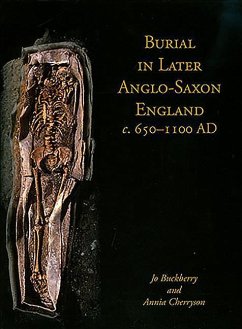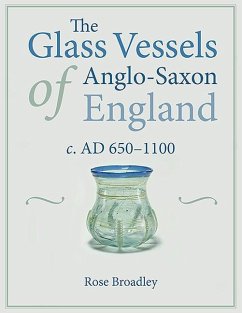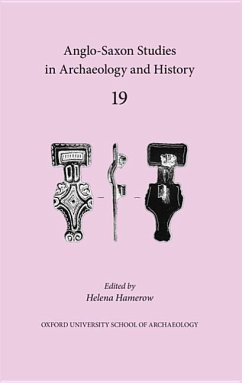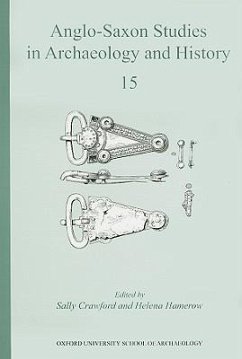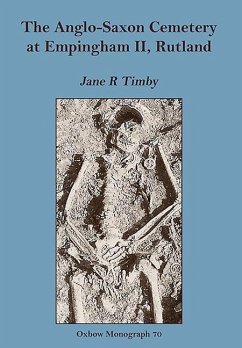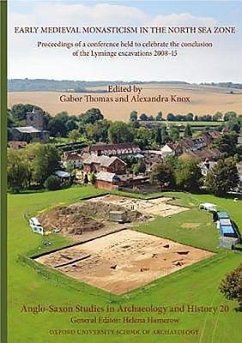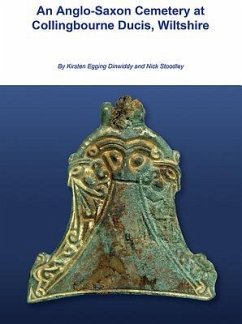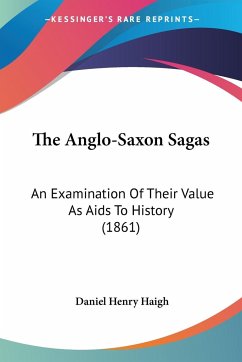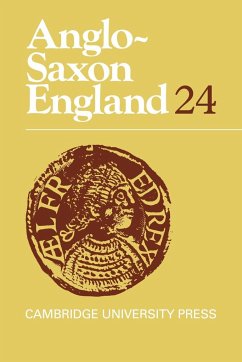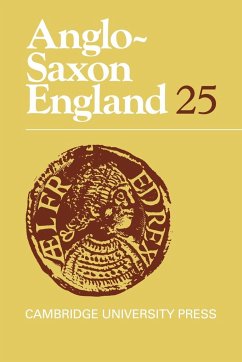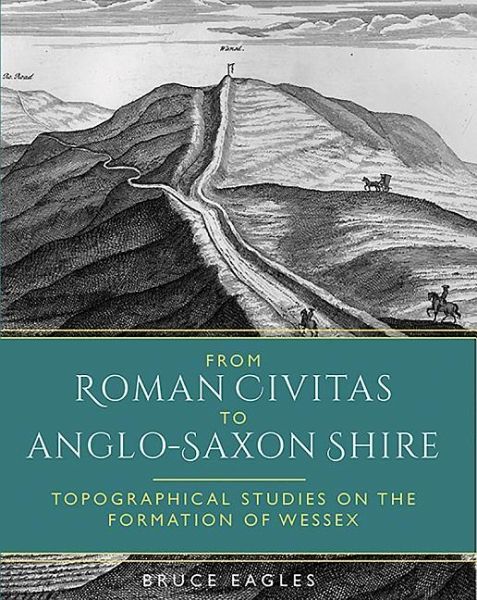
From Roman Civitas to Anglo-Saxon Shire
Topographical Studies on the Formation of Wessex
Versandkostenfrei!
Versandfertig in über 4 Wochen
45,99 €
inkl. MwSt.
Weitere Ausgaben:

PAYBACK Punkte
23 °P sammeln!
This book is the culmination of the author¿s lifelong interest in the Roman to medieval transition in England and in the analysis of the historic landscape of Wessex. It begins with a focused, referenced, and critical exploration of the thorny, but crucial, issues of post-Roman personal and group identity, employing linguistic, historical, archaeological and toponymical evidence. A series of integrated studies seek to elucidate changes in the territorial organisation of the Wessex landscape, from Somerset to Hampshire, from the Roman period to the emergence of the historic counties. It is sho...
This book is the culmination of the author¿s lifelong interest in the Roman to medieval transition in England and in the analysis of the historic landscape of Wessex. It begins with a focused, referenced, and critical exploration of the thorny, but crucial, issues of post-Roman personal and group identity, employing linguistic, historical, archaeological and toponymical evidence. A series of integrated studies seek to elucidate changes in the territorial organisation of the Wessex landscape, from Somerset to Hampshire, from the Roman period to the emergence of the historic counties. It is shown that the defined limits of the self-governed Roman civitates had a significant impact upon subsequent historical developments, not least on the early English settlements. In eastern Wessex - Berkshire, Hampshire and Wiltshire ¿ the Roman boundaries broke down piecemeal, but continued to influence political developments and patterns of settlement into the seventh century. It is argued that those three counties acquired their medieval and later form only at the time of the Viking wars. In western Wessex, Dorset and Somerset, by contrast, the core of the territories of both the southern and northern Durotriges in the Roman period has persisted until the present day. The book also includes a re-examination of the formation and extent of the kingdom of the Jutes in southern Hampshire and on the Isle of Wight. The chronology, history and archaeology of the fifth century, set alongside the many changes of the later fourth century, and vital to our understanding of the momentous events of that time as Saxon control took hold in the east , are here the subject of a separate, detailed study. Place-names across Wessex with a bearing on the presence of the Britons, and the changing nature and distribution of archaeological sites in the fifth, sixth and seventh centuries, are discussed in their historical context.




